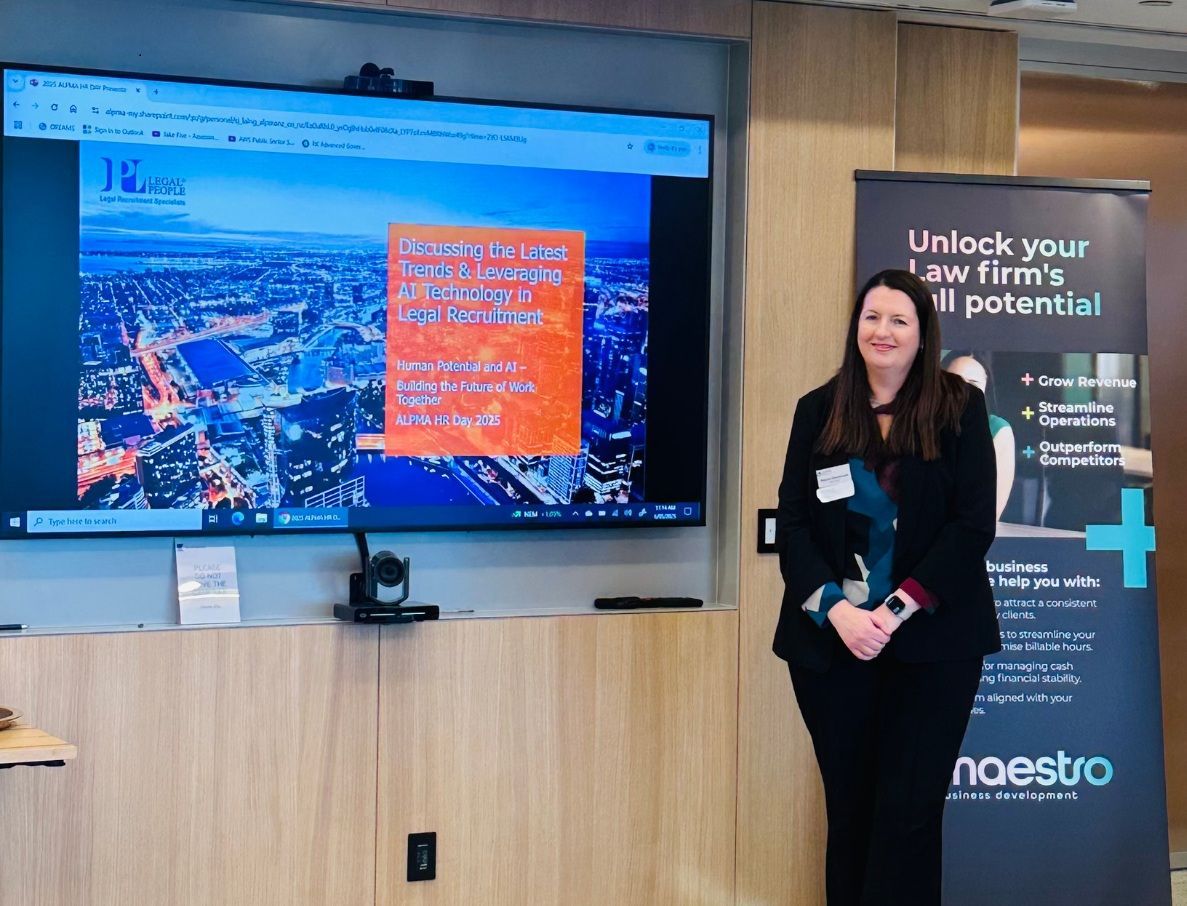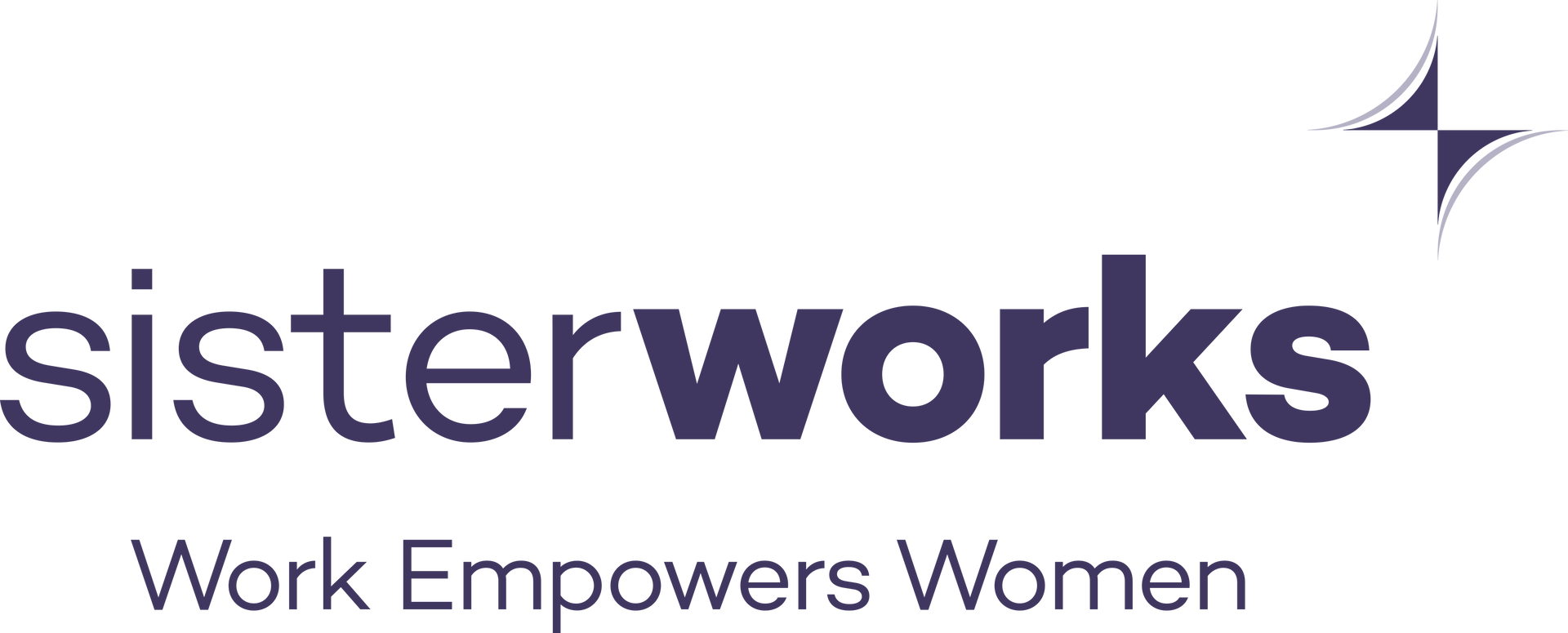Winning Legal Talent by Offering Flexibility
We have been thrilled in recent months, to see some of our clients take the plunge into offering flexible working arrangements. This has helped them attract the top available talent in the marketplace.
Whilst many other industries have embraced the flexibility trend some time ago, our industry has been slower to change. This article from Australasian Lawyer talks about how firms are changing globally to offer flexibility in the legal industry.
In a candidate tight market, the ability to stand out from the employer crowd has never been more important. Offering flexibility can give you a competitive advantage and mid-tier firms are often leading the charge.
These innovative firms are embracing flexibility to help them engage and retain top talent. They understand that flexibility increases staff productivity. They know it is helpful in becoming an Employer of Choice for Women. Furthermore it reduces absenteeism and staff turnover.
Lawyers are known for working long hours and having high stress levels. This also means that maintaining their mental health and family relationships can be a challenge. Added to that is the fact that high end clients often expect their lawyer to be on call 24/7. This adds up to make the Legal Industry an often challenging career choice. Work life balance in the past has often been exchanged for moving up the career ladder.
But, things are starting to change.....
What Flexible Working Options are possible?
Job Sharing – this is often of interest to lawyers who don’t want to deal with less interesting work that 'part time' employment sometimes entails.
- Flexible hours: e.g. early start to avoid the morning traffic
- Flexible working patterns: e.g. Doing a 9 day fortnight, or working 38 hours over 4 days
- Purchased leave opportunities: i.e. taking 48 weeks’ pay a year in order to have an additional 4 weeks’ leave
- Remote or telecommuting options
How can your firm help break the mould?
Once you have decided to explore the potential for offering flexible working arrangements to your staff, there can be some challenges to put your ideas into action. How exactly do you change a culture of staying at your desk until the boss has left for the day?
We suggest trying the following:
Role model it
Employees can be concerned they are appearing to do less if they are not seen at their desks at all hours of the day or night.
Senior Managers, Partners, Practice Managers all role modelling flexibility can help overcome this perception.
Open communications
It is vital to ensure an employee on flexible arrangements is still client focused. This means that expectations need to be clear from the outset. Your team member needs to understand that sometimes there may be a need to work longer hours. This may be due to a particularly challenging matter or litigation. In some cases flexibility will need to work both ways to work for both the employee and the firm.
An employee working flexible hours will still understand the need to meet deadlines.
An employee who has flexible working arrangements should make sure they are well known to their team and their client base.
How do I ask for Flexible Hours?
If you are an employee at a firm and would like to make a case for flexible working hours then this sample proposal from Women Lawyers NSW may help.
What’s in it for your company?
There are many positive outcomes for a firm when it comes to offering flexibility to its workforce.
These include:-
- Reduced wages bill – pro rata
- Increased productivity
- Increased staff engagement
- Reduced staff turnover
- Appearing attractive to talented potential employees
We understand that flexibility also serves up challenges to people leaders. Keeping in touch with a team member who works part of the week remotely or just part of the week can be challenging. Luckily, technology has assisted with this via applications like online meetings and workflow. Good two way communication really is the key.
Flexible working arrangements are not just for parents. We have seen flexibility used to give work life balance to people at all stages of life. This might include those who want to volunteer, care for aging parents or even just pursue interests outside the law.
Have you explored the potential for offering flexibility to your employees? We would love to hear how it works at your firm in the comments below.
Legal People is your gateway to the best legal career opportunities. If you are looking for a new role in the Legal Industry in Melbourne, then let’s talk!
We are specialists in the Legal Industry and recruit Lawyers, Support staff and HR professionals. If you enjoyed reading this article, you can follow our Company Page on LinkedIn for regular updates.















